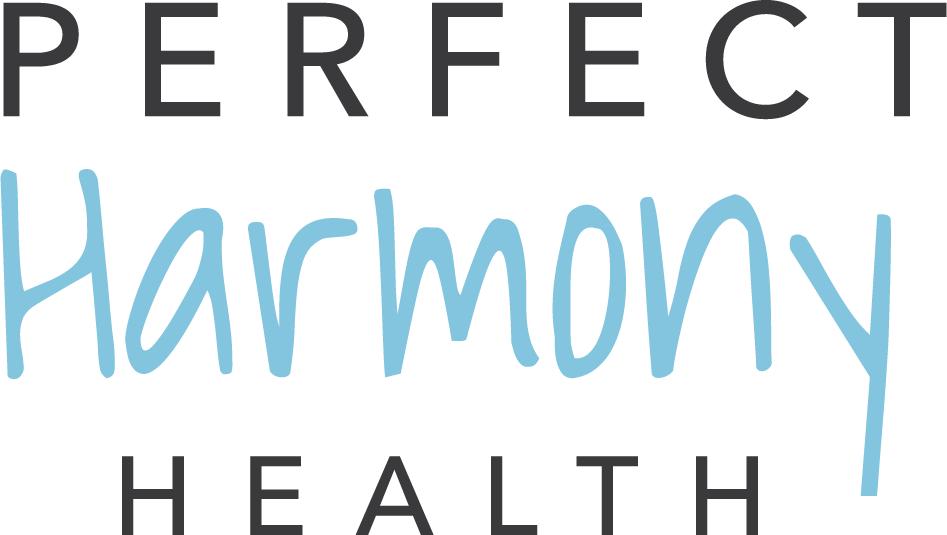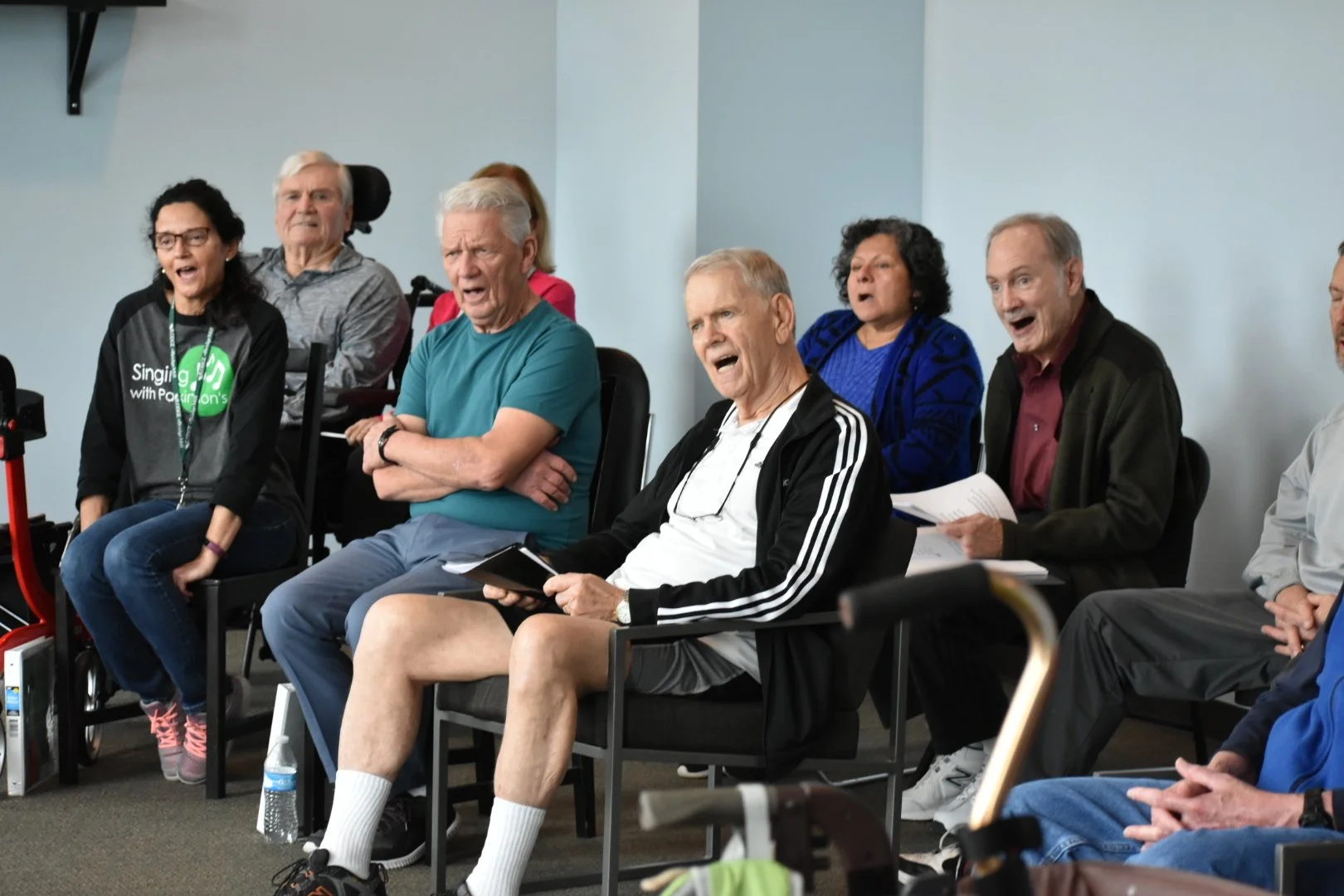Neurologic Music Therapy (NMT)®: Improving Respiratory Function
Singing is more than just singing when a neurological condition is involved. For those with these conditions, a brief conversation can leave them out of breath. For them, singing becomes a race - a marathon, even! Long-term neurological conditions (LTNCs) such as Parkinson’s Disease, Amyotrophic Lateral Sclerosis, and Duchenne Muscular Dystrophy are shown to cause a decline in respiratory function. These adverse effects are attributed to the weakness of respiratory muscles which causes insufficient lung volumes and a reduction in ventilation. This impairs gas exchange and retains carbon dioxide in the lungs, as well as results in the inability to properly clear airways such as through effective coughing (Ang, Maddocks, Xu, Higginson, 2017).
Studies have shown that singing and playing wind instruments are inexpensive yet effective interventions in the rehabilitation and improvement of respiratory function. Singing and the playing of wind instruments require strong and fast inhales and extended, controlled exhales, and are both considered forms of respiratory muscle training (RMT). Research shows that RMT exercises can result in improved inhalation and exhalation muscle strength and therefore the improvement of overall respiratory function, which was especially evident in studies with singing and playing wind instruments with Parkinson’s Disease (Ang, Maddocks, Xu, & Higginson, 2017). This respiratory improvement results in better speech as well!
Singing with Parkinson’s (SWP) is a community choir group led by staff from Perfect Harmony Health. Patrons of the choir include those with Parkinson’s Disease and their loved ones. Though it is a choir, SWP has therapeutic goals with several in particular concerning respiratory function. Respiratory function interventions used during SWP rehearsal utilize Oral Motor and Respiratory Exercises (OMREX)®, focusing on engaging respiratory muscles, and are regarded as a form of RMT. These exercises can be found in vocal warmups and even the choir’s music selections, which are chosen deliberately with these exercises in mind. Long-term, OMREX® can be utilized to counter the negative respiratory effects of LTNCs and facilitate respiratory function.
Research is continually conducted on the effects of singing and playing wind instruments in regard to respiratory function. The effects of this research continue to show positive trends due to the RMT nature of singing and wind instruments, thus leading to a continued support of music as therapy.
If you or a loved one is diagnosed with Parkinson’s Disease and would like to join our free Singing With Parkinson’s Choir, please click on the button below for more information or email us at info@perfectharmonyhealth.com
Source:
Ang, K., Maddocks, M., Xu, H., & Higginson, I. (2017). The Effectiveness of Singing or Playing a Wind Instrument in Improving Respiratory Function in Patients with Long-Term Neurological Conditions: A Systematic Review. Journal of Music Therapy, 54 (1), 108-131.


